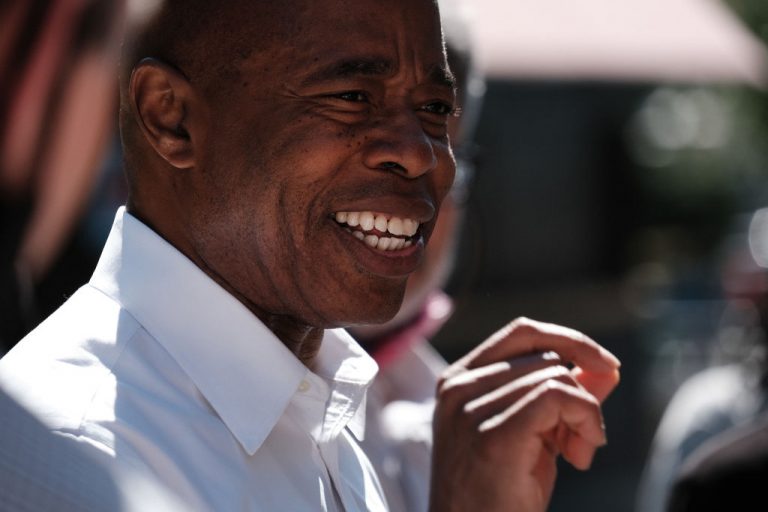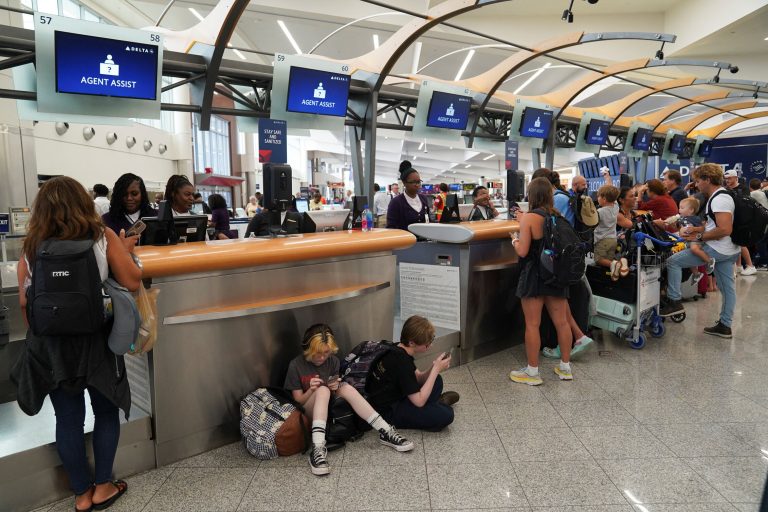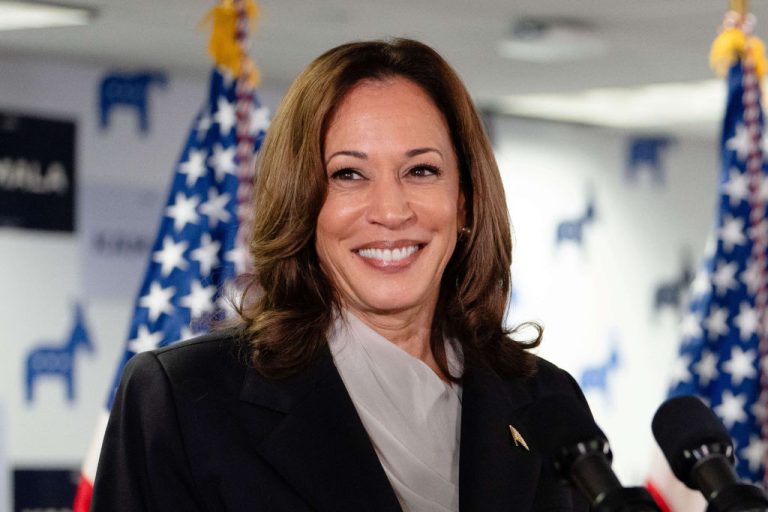The three Democrat candidates running for New York City mayor have filed lawsuits seeking to review the ranked vote tallies of the June 22nd primary election. Civil rights attorney Maya Wiley was the first to file a lawsuit, followed by Brooklyn Borough President Eric Adams and city sanitation commissioner Kathryn Garcia.
Controversy arose after the New York City Board of Elections (BOE) put out the preliminary ranked-choice voting results, showing Adams with a slight lead over Garcia. Adams had a vote share of 51.1 percent, followed by Garcia with 48.9 percent.
Adams pointed out that the final vote tally put out by the BOE had thousands of extra votes. The preliminary results showed a total of 941,832 ballots, which is 142,005 more than the 799,827 counted on June 22, the day of the primary. Adams’ spokesperson sought an explanation from the BOE regarding the discrepancy.
In a tweet, the BOE apologized for the error. It revealed that when the vote records of the June 22nd race were pulled up, almost 135,000 additional records from test results were accidentally added as well. The agency has removed the preliminary results from its website.
Democrat candidate Wiley filed her lawsuit in a Brooklyn state court. She sought to preserve her right to challenge the election results and requested that all ballots that were cast or attempted to be cast in the election be saved.
Success
You are now signed up for our newsletter
Success
Check your email to complete sign up
“This is a wide open race and as is standard procedure, my campaign filed a petition to preserve the right to challenge the results should we believe it is necessary,” Wiley said, according to AP.
Adams filed his lawsuit soon after and called on other campaigners to petition the court to ensure a “clear and trusted conclusion” to the election.
“We petitioned the court to preserve our right to a fair election process and to have a judge oversee and review ballots, if necessary… We are notifying the other campaigns of our lawsuit through personal service, as required by law because they are interested parties,” Adams’ campaign said in a statement.
In ranked-choice voting, voters choose candidates in the order of their preference. If a candidate gets more than 50 percent of the votes in the first round, he or she is deemed the winner. If no candidate gets more than 50 percent, the candidate with the lowest number of first-preference votes is eliminated from the race, and his or her votes are redistributed to the remaining candidates based on the voters’ second-preference candidates.
The process stops when one candidate gains a majority, otherwise, a runoff election will be held to determine the winner. The three Democrats were the remaining candidates of the June 22 primary election, receiving the votes of 13 other candidates who were removed from the race. The winner will run against activist Curtis Sliwa, the Republican nominee for the 2021 New York Mayor election.
Sid Davidoff, a political consultant, questioned why the BOE published preliminary results when 120,000 absentee ballots were yet to be counted. “It would have been more beneficial for them to wait until they had a complete picture rather than further muddy the waters in an already confusing issue,” he said to New York Post.
Former President Donald Trump used the NYC BOE’s mistake to once again highlight the problems with American elections. During a visit to the southern border with Texas Governor Greg Abbott, he pointed to the test ballots in New York as “make-believe” votes and raised questions about election integrity.
“We better get our elections straightened out because you’re going to have a runaway country. You’re going to have a banana republic; you’re going to have a third-world country here pretty soon… Because our elections are a mess… We have a sick country in many ways. It’s sick in elections and sick in the border… If you don’t have good elections and you don’t have a strong border, you don’t have a country,” Trump said, according to Breitbart.







